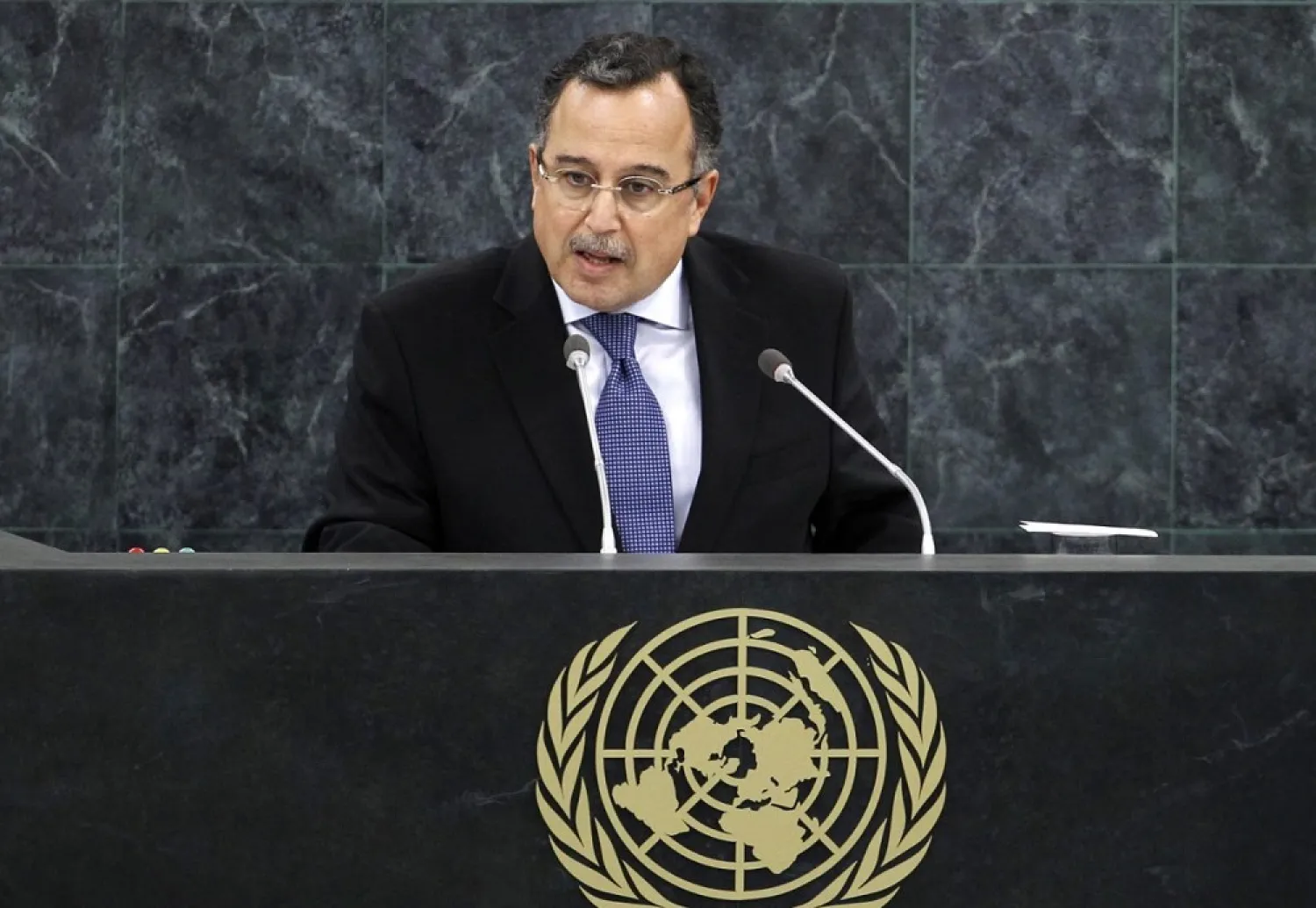Egypt’s former Foreign Minister Nabil Fahmy predicted that the first few months of Joe Biden’s term in office as US president will witness a “degree of coolness” between his administration and Arab states, even though he has included major Middle East issues on his agenda, including freedoms, Iran, and Israel.
He noted, however, that the Arabs have an opportunity to “take the initiative and change positions.”
The former FM worked previously as his country’s ambassador to Washington and has extensive experience in US affairs.
In remarks to Asharq Al-Awsat, he stated that Biden will seek to prove that he is not President Donald Trump and this will be reflected in different positions in the short term.
On Iran, Fahmy explained that the majority of officials chosen by Biden to handle matters of national security and foreign policy were involved in developing relations between Washington and Tehran during President Barack Obama's term.
He believes talks will resume between the US and Iran, however, they will be “difficult to return to the same conditions of the nuclear agreement”, which was signed in 2015.
He explained that agreeing on the same deal is not possible because Iran will demand compensation for the American withdrawal. Trump pulled out Washington from the pact in 2018 and imposed crippling sanctions on Tehran.
Moreover, Iran has surpassed its uranium enrichment limit, and returning to the old agreement means it will have to make difficult concessions, Fahmy noted.
Furthermore, the upcoming Iranian presidential elections are a bad time for Tehran to negotiate a new deal from which it is unlikely to make any gains in return, he remarked.
Arab states, meanwhile, should highlight the dangers of Iran’s regional policies, not just its nuclear ambitions. They should also put forward ideas that secure their interest in the event that the US and Iran resume relations, according to Fahmy.
“We should not wait for an agreement to be inked to declare our position.”
On Israel, Fahmy said Biden will not back down from any steps taken by Trump towards it, adding, however, that he is expected to be more open with the Palestinian Authority (PA). He will also be supportive of the two-state solution and the establishment of a state in the West Bank and Gaza Strip.
The former FM said Arabs are required to announce a number of proposals related to the resumption of Palestinian-Israeli negotiations. Among them is the demand for the US consulate to resume operations in west Jerusalem and recognize a Palestinian state based on the 1967 borders with east Jerusalem as its capital.
He described the upcoming phase between Arab countries and Washington as one of “Arab efficacy”, explaining that they have “an opportunity to change the US stance in their favor or at least ease those that are uncomfortable for them.”









